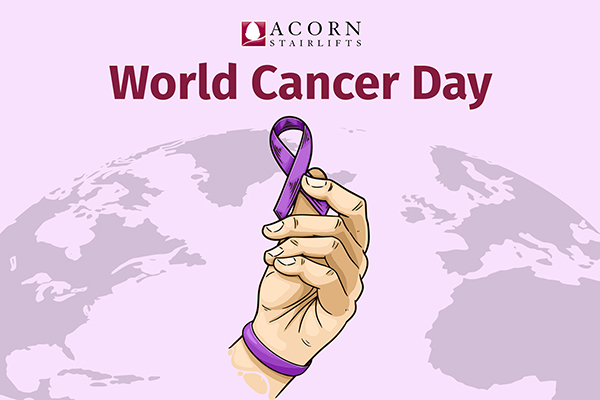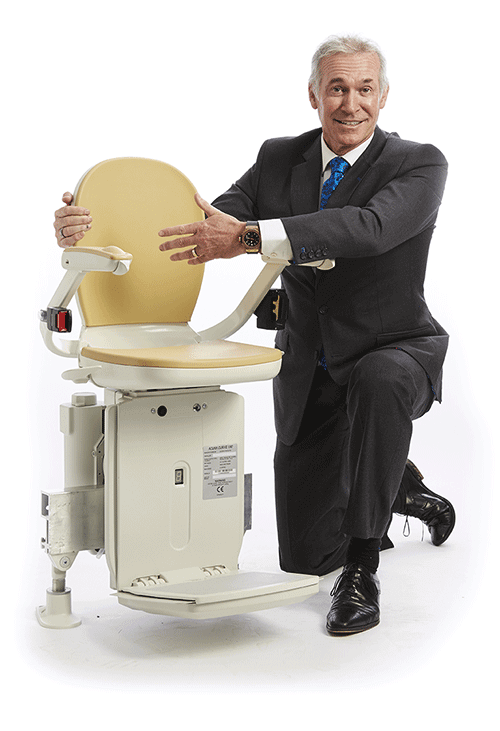Chances are that you know someone who has cancer.
Accounting for nearly 10 million deaths in 2020 alone, or nearly 1 in 6 deaths, cancer is a leading cause of death worldwide.
These people are not just numbers—They’re our grandmothers and grandfathers, husbands and wives, sisters and brothers, children, neighbours, and friends. They are the people we love and care about.
This year on World Cancer Day, learn how you can help close the care gap and join the cause in advocating for the lives of not just your loved ones, but people all over the world battling cancer.
When is World Cancer Day?
World Cancer Day is on 4 February every year and is led by the Union for International Cancer Control, the largest and oldest international cancer organization. This year, in 2024, World Cancer Day falls on a Sunday.
World Cancer Day serves as an international awareness day designed to educate the general public about cancer, help provide resources and accessibility to treatment for all cancer patients, and unite the world in the fight against cancer.
Its mission aims to save millions of lives each year by raising awareness, providing education, and urging both individuals and governments all over the world to take action.
What are the origins of World Cancer Day?
World Cancer Day first came into fruition at the World Summit Against Cancer held in Paris, France on 4 March, 2000.
The Paris Charter created at the summit for the New Millennium, “aims to promote research, prevent cancer, improve patient services, raise awareness, and mobilise the global community to make progress against cancer.” Additionally, this charter included the adoption of World Cancer Day.
What is the World Cancer Day 2024 Theme?
The World Cancer Day theme for 2024 is “Close the Care Gap.”
2024 is the last year of “Close the Care Gap’s” three-year campaign running from 2022 to 2024.
What World Cancer Day’s Theme “Close the Care Gap” Means
The three-year campaign “Close the Care Gap” strives to spread awareness of the inequity gap of cancer treatment around the world, as well as to provoke a call to action from leaders and governments to close this gap so that everyone has access to the same care that they deserve.
Shockingly, at least half of the world lacks access to the full range of essential healthcare services. Where cancer is concerned, our quality of care is often determined by several factors, but to name a few:
- Income
- Geographical location
- Education
- Race
- Ethnicity
- Gender
- Sexual orientation
- Age
- Disability
- Lifestyle
This means that those who are discriminated against due to any of these factors are not receiving the same quality of care, nor possibly any care at all.
This is the equity gap that can mean the difference between life and death for someone battling cancer.
The Three-Step Path to Equity: Closing the Cancer Care Gap
2022: Becoming Aware and Bringing Attention to the Problem
The first year of the “Close the Care Gap” campaign was all about understanding and recognizing the inequity in cancer care on a global scale that often determines who is a survivor and who will simply be remembered.
During 2022, communities were encouraged to listen to people living with cancer courageously sharing their stories, reduce the stigma, and allow these lived experiences to guide their course of action toward a fairer future—one where every human being has the same access to cancer care, regardless of who they are, where they live, or what they look like.
2023: Building Alliances, Banding Together, and Taking Action
In 2023, in the second year of the campaign, we were encouraged to build alliances, collaborate, and band together with others who have this same vision of equitable healthcare.
We were also called to take action, whether big or small, in creating change within our communities, as well as celebrating real-world progress—a form of “momentum to fuel our fight for fairness.”
2024: A Call to Action from Authorities
Finally, this last year of the campaign, in 2024, will be centered around challenging our leaders and demanding a call to action to put an end to the inequity in cancer care.
With a strong community behind the cause, we will be able to advocate for cancer patients all over the world, “ensuring that everyone has access to quality health services when, where, and how they need them.”
What Can You Do to Help the Cause?
From volunteering to having open conversations about the impact of inequity on cancer care, anything that encourages society “to talk, hear, read, and learn about cancer” helps in spreading awareness.
To learn more ways that you can get involved in the fight for equity in cancer care, click here.

